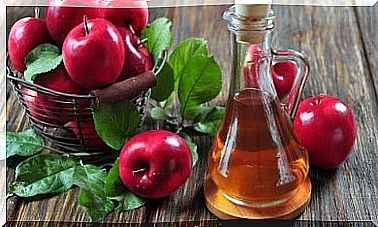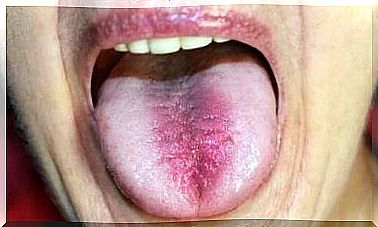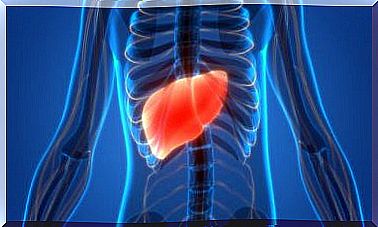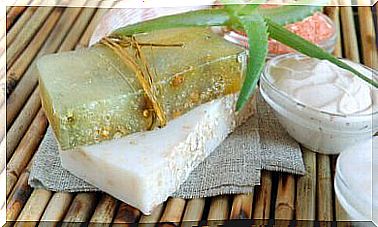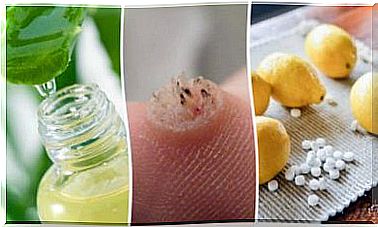Characteristics And Risks Of Consuming Kombucha Tea
Kombucha tea is a drink made from tea previously fermented by a colony of bacteria and fungi. Many properties are attributed to it but it is important to know the side effects with which it is also associated.

The microorganisms responsible for the fermentation of sweet tea and which give rise to this drink are given the name “Kombucha mushroom”. Despite its multiple benefits, we must also know and prevent the risks associated with consuming Kombucha tea.
At the start of the fermentation process, various types of microbiota are involved, but over the days, only those that make up the characteristic gelatinous body of Kombucha survive. The rest die due to the high degree of acidity and the antibiotic substances that have been secreted.
The flavor of Kombucha tea will depend on the fermentation time. It will therefore be sweeter and sweeter if it stays for a shorter time, and will gradually obtain a more intense and acidic taste.
Nutritional characteristics of Kombucha tea
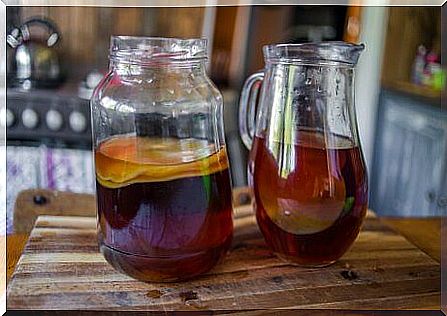
- Rich in vitamins and minerals: Vitamins and minerals are necessary for many biochemical processes that take place in our body. For example, vitamin B and C, iron, zinc, copper and manganese
- Variable amount of antioxidants: they come from the black tea from which Kombucha tea is made. Their presence also depends on the duration of fermentation, because the higher the acidity, the less antioxidants there are.
- Large amount of microorganisms: this is what gives it a powerful probiotic effect
Its benefits
The lack of studies concerning this drink does not allow us to affirm the certainty of the benefits which are traditionally attributed to it. However, the antioxidants and microorganisms that are present are generally linked to improved digestive functions.
It is also credited with beneficial properties for cardiovascular health, liver function and stress. It should be remembered that this drink is prepared from tea, usually green or black. Therefore, she:
- Helps to solve concentration problems
- Has a diuretic effect
- Presents a purifying action
- Has a stimulating effect
- Has astringent properties
Side effects of Kombucha tea
Risk of contamination

The greatest risk of Kombucha tea is linked to contamination by microorganisms if its preparation does not take place under conditions that comply with specific hygienic measures.
During fermentation, Kombucha tea can be exposed to many contaminations of bacteria and yeasts which are harmful to our health. If we don’t let it ferment long enough, the drink will not reach the degree of acidity and alcohol needed to kill these microorganisms.
In addition, samples contaminated with Aspergillus mold , which generates hepatotoxic toxins, are often detected. As well as contamination by bacteria of the genus Helicobacter pylori or salmonella . This is why this drink is not recommended for people who suffer from an intestinal or liver disease.
It is also not recommended in people who are immunocompromised or who have impaired functioning of the immune system. In addition, pregnant, breastfeeding women, children under 5 years old, patients with HIV, or any other infection, should refrain from consuming Kombucha tea.
Excessive consumption of Kombucha tea
Even though we don’t belong to any of the groups mentioned above, moderation is important for this type of drink. Indeed, in excess, Kombucha can cause digestive discomfort. Note also that it is a drink with a high content of sugar and alcohol. We must therefore watch our diet so as not to exceed the maximum levels recommended for these substances.
Industrial Kombucha tea
There is also an industrially produced Kombucha tea. In this case, the drink is perfectly sterilized, but it loses its probiotic effect. This results in a drink with low nutritional value.
Finally, this drink can be beneficial if we do not consume it in excess. However, its ingestion does not guarantee any short or long term benefits beyond those attributed to the tea itself. Some people think that the consumption of tea is more beneficial because it does not contain alcohol, nor microorganisms which can generate intolerance.

